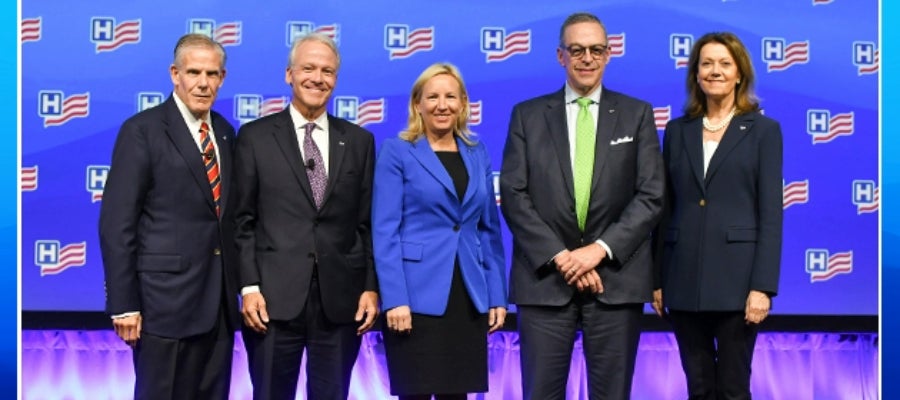Sens. Bob Menendez, D-N.J., John Boozman, R-Ark., and Chuck Schumer, D-N.Y., today introduced the Resident Physician Shortage Reduction Act, AHA-supported legislation that would add 15,000 Medicare-funded residency positions over five years to alleviate physician shortages that threaten patients' access to care.





